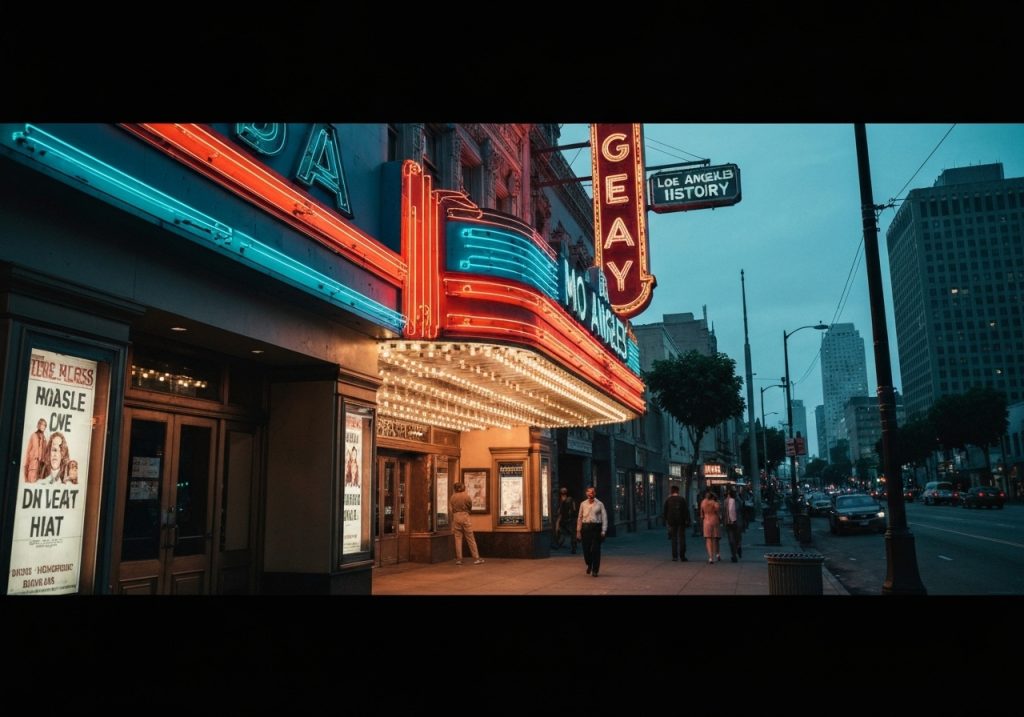
The post-World War II period ushered in a population boom, fueled by the defense industry, suburban growth, and a growing immigrant population. Los Angeles became one of the most ethnically diverse cities in the world, home to communities from Mexico, Korea, El Salvador, Armenia, the Philippines, and many more. However, it also faced challenges, including racial tensions, economic inequality, and environmental concerns. Events like the Watts Rebellion in 1965 and the 1992 LA Riots highlighted systemic issues that continue to shape city policy and activism today.
Today, Los Angeles stands as a global city with deep historical roots. It continues to evolve, balancing innovation with a complex past. From its Indigenous origins and colonial transformations to its role in shaping global pop culture, LA’s history is a story of reinvention, diversity, and resilience. The city’s layered legacy remains a powerful force in its ongoing development.
Los Angeles has a fascinating history that stretches back thousands of years. Long before European contact, the region was home to the Tongva people, Native Americans who established thriving communities near rivers and coasts. They called the area “Yaangna,” and their deep knowledge of the land shaped early human habitation in what would become Southern California. Artifacts and archaeological sites across the region still bear witness to their enduring legacy.
In 1781, a group of settlers from Spanish-controlled Mexico founded a pueblo called El Pueblo de Nuestra Señora la Reina de los Ángeles. This small farming community marked the formal beginning of modern-day Los Angeles. It was part of the Spanish mission system that sought to convert and control Indigenous populations. When Mexico gained independence from Spain in 1821, Los Angeles became part of the Mexican territory of Alta California.
The mid-19th century brought transformative change. Following the Mexican-American War, California was ceded to the United States under the Treaty of Guadalupe Hidalgo in 1848. Just two years later, California achieved statehood, and Los Angeles began to grow. The discovery of oil in the late 1800s and the expansion of the railroad fueled economic development, attracting settlers and boosting trade. By the early 20th century, LA had become a major economic center on the West Coast.
Hollywood’s emergence as the heart of the entertainment industry was a pivotal moment in the city’s history. The first movie studio opened in 1911, and by the 1920s, LA was the world’s film capital. The motion picture and television industries attracted talent and investment from around the globe, cementing the city’s reputation as a creative powerhouse. This era also saw major infrastructure projects, including the development of freeways and the LA Aqueduct, which brought vital water supplies to the region.